
Internet Explorer retains its grip on desktop browsing
The latest month-by-month figures from NetMarketShare show that Internet Explorer continues to be the most popular desktop browser. Indeed Microsoft's browser has increased its lead by around three percent since January and now has a 58.36 percent share of the market.
Next most popular is Firefox on 18.54 percent, down just over two percent from its 2013 peak in May. Chrome comes next, having been only half a percent behind Firefox in July it's now on 15.44 percent, two percent down on its January peak.

The best tools for removing malware
Antivirus software is generally seen as being about protecting your system from infection, but sometimes you get caught out and it's necessary to call on the product's removal capabilities. If you're lucky, or careful, you might never have to try out the malware removal ability of your security product, but it's good to know it can step up to the plate if needed. To help you see if your chosen solution measures up AV-Comparatives has released the results of its latest malware removal tests.
Tests were carried out on a range of 11 malware samples including Trojans, worms, backdoors and ransomware. Using a Windows 7 Professional 64-bit system each infection was loaded, the system rebooted and then the anti-virus product installed, updated and put to work.
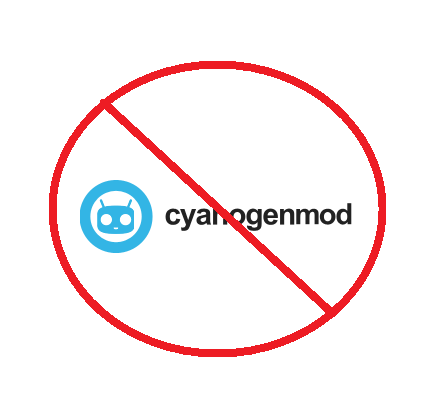
CyanogenMod Installer disappears from Google Play -- that's a good thing
When it comes to the Android custom ROM community, CyanogenMod is considered by many to be the holy grail. If your smartphone or tablet receives official support for the ROM, you can be assured of regular updates. However, for many, the stock Android experience has now matured to a point where custom ROMs are no longer needed.
Despite this (or maybe because of this), CyanogenMod decided to monetize its ROM and form a company. To easier facilitate the process of installing it, the company released a helper app on the Play Store. Yesterday, the app was pulled from the store -- and that's a good thing.

Microsoft offering 'awesome' Black Friday deals on Surface
If my colleague Mark Wilson’s list of five reasons to choose Surface 2 over iPad Air has you considering purchasing one of Microsoft’s slates, you’d better get your wallet ready.
There are always bargains to be found on Black Friday (and the days surrounding it) but you can never guarantee that the tech you’ve got your eye on will be discounted. The good news for would-be Surface owners is Microsoft has confirmed it will be offering "awesome deals" on its tablet PC.

YouTube confirms commenting woes, promises to make interactions better
YouTube has never been the site that sparked the most intelligent or constructive conversations. The comments section has always been a place of great frustration for those seeking to engage in meaningful interactions about the topic presented by content creators, due to spam, trolling and other wasteful nonsense which has dominated the space for as long as I can remember. Part of the blame lies on commenters but seeing as we are talking about the InterWebs here it is YouTube which should take charge and pave the way towards improving what shows up on its site.
The move to Google+ comments is the most recent answer to a perennial issue. This did not come without a heavy dose of criticism, and for good reason. Forcing people to interact through Google's social network could deter folks from engaging with their peers and give Plussers the power over what is popular on the site; not to mention that Plussers control the narrative, which, if my experience and of others is of any indication, means that topics discussing rival companies and their products could generate little to no interest or a negative flow of input for content creators.

Why Intel wants to be everyone’s chip maker
This is the first in a series of columns on the strategic direction of several major technology companies that have faltered of late. We’ll start here with Intel, follow in a couple days with Cisco, followed by Microsoft, then see where it goes from there.
At Intel’s annual shareholders’ meeting last week the company talked about moving strongly into mobile chips and selling its stillborn OnCue over-the-top video streaming service, but the most important story had to do with expanding Intel’s manufacturing capacity. This latter news is especially important because if you look at the square footage of 14 nanometer fab facilities Intel says it will be bringing online in the next two to three years it appears that the company will shortly have more production capacity than all the rest of the semiconductor industry combined.

Microsoft responds to reported Xbox One issues
It just wouldn't be a major launch event without reports of problems. Last week, Sony dealt with panic over customers receiving PS4 consoles that amounted to paperweights, displaying only a "blue light of death". This week Microsoft deals with similar issues, with news of troubled disc drives and scratched consoles.
The problem does not seem to be widespread, but any disgruntled customer can be a loud one, meaning that the few lead the news cycle, and also generate poor publicity. While the old saying may go "there's no such thing as bad publicity", Microsoft really doesn't want potential buyers worrying that they've paid $500 for damaged goods.
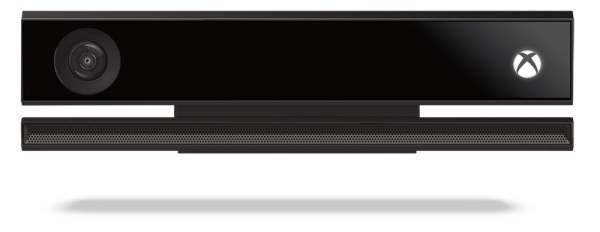
Apple buys PrimeSense: Could Macs or AppleTV get their own Kinect?
Using a peripheral to interact with your computer is so passé. Xbox One and Xbox 360 owners have the Kinect to dance in front of, and PlayStation gamers have a camera that can be used in much the same way. PC users can turn to the likes of Leap Motion if they like the idea of eschewing traditional forms of control, and an increasing number of smartphones can recognize eye and hand movements. Now it looks as though Apple is joining the party by buying 3D motion detection specialists PrimeSense.
This may not be a firm that sounds all that familiar, but you're almost certainly aware of the Israeli company's work -- Kinect for the Xbox. Yep, you read that correctly. Apple is buying the firm behind one of the most interesting and innovative features of Microsoft's game console. While no details of the purchase have been revealed, and no mention made of any money that may have swapped hands, PrimeSense has confirmed that the purchase is going ahead.

How Android and iOS developers see Windows Phone [Q&A]
According to a new survey from Strategy Analytics, Windows Phone development is expected to ramp up significantly in 2014. Of the 1,600 interviewed devs, 32 percent plan to support the tiled smartphone operating system next year, a number that is twice as large compared to the current statistics for 2013. Android and iOS continue to rank as the top two picks, followed by HTML5 in third place and Windows Phone in fourth.
This is certainly good news for both Microsoft and Windows Phone users. The platform should receive more quality apps, an area where it is sorely lacking in numbers, and, as a result, gain more followers in the coming years. The third ecosystem dream, as Strategy Analytics says, is becoming real. The only thing that stands in the way is the developers' commitment.

Coin -- the only card you'll need in your wallet
Take a look at your wallet. How many debit cards, credit cards and loyalty cards do you have? If it's anything like mine it is probably bursting at the seams with an inch or more of plastic cards. Reach the checkout in a store and you may well have ended up red-faced as you rummage for the right payment and loyalty card. With Coin, all of this could come to an end. The idea of a catch-all replacement that combines multiple cards into one is not new, but thus far solutions have taken the form of mobile apps. Coin is different -- this is a real card that acts as many.
Coins have a tendency to weigh down your pockets, but this Coin is a single lightweight unit. The card features an integrated display which you can use to view the last four digits of a stored card along with the expiration data and CVV so you, and the person you hand the card to, knows which of your stored cards you are using. You may well have used a mobile app that replaces loyalty cards, and Coin is taking this idea to the next level.

Download the Windows 8.1 ISO using a Windows 8 key and some simple trickery
It’s great that Microsoft has made Windows 8.1 entirely free to owners of Windows 8, but unfortunately you’re limited to installing the update through the Windows Store -- unless you’re an MSDN subscriber there’s no ISO you can grab to install the operating system how and when you like.
But as enterprising Reddit user redditorfor0seconds has discovered, there is a way of getting your hands on the ISO that only requires you to have a Windows 8 retail or MSDN key (but not an OEM key, apparently). It’s incredibly straightforward too, just follow these simple instructions:
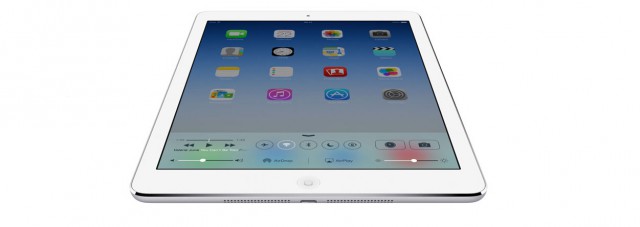
5 reasons to choose iPad Air over Surface 2
I use, and love Windows 8.1. Although I was never a huge fan of Windows 8, the changes in the upgraded OS have won me over and I could never imagine going back to an older version of Windows. For that reason, tablets like Surface really appeal to me, but I can’t see myself replacing my iPad with Microsoft’s slate any time soon.
The 4th gen iPad I own is a constant companion that I use for everything -- work, entertainment, social networking, and so on. There are some areas where I know using a Surface would be better (by "some areas" I really just mean "work"), but when I do upgrade, I’ll be going for an iPad Air (sorry Microsoft). This is why:
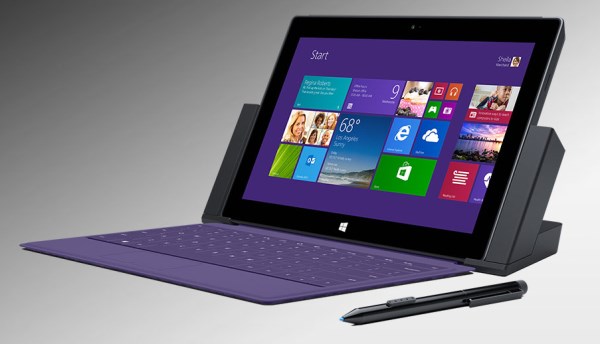
5 reasons to choose Surface 2 over iPad Air
I'm a Surface Pro user; that I won't deny. I also own an iPad -- it's an old iPad 2, but it still does the job. It may not have the fancy 'more pixels than you can see without the aid of a microscope' display of newer models, but it's perfectly functional. However I'd still pick the Surface over Apple's tablet for just about everything. I'll admit I was tempted by the idea of an iPad Air when it was launched, but after thinking it over a little, I decided to stick with the old model and continue to enjoy my Surface Pro.
But the time will come when I am in the market for a new tablet. Having had my attention flagged by the iPad Air, it would seem that it would be a toss-up between the Surface 2 (Pro or regular) and Apple's offering. However much I think about it, I still find myself falling on the side of the Surface. Why? Several reasons:
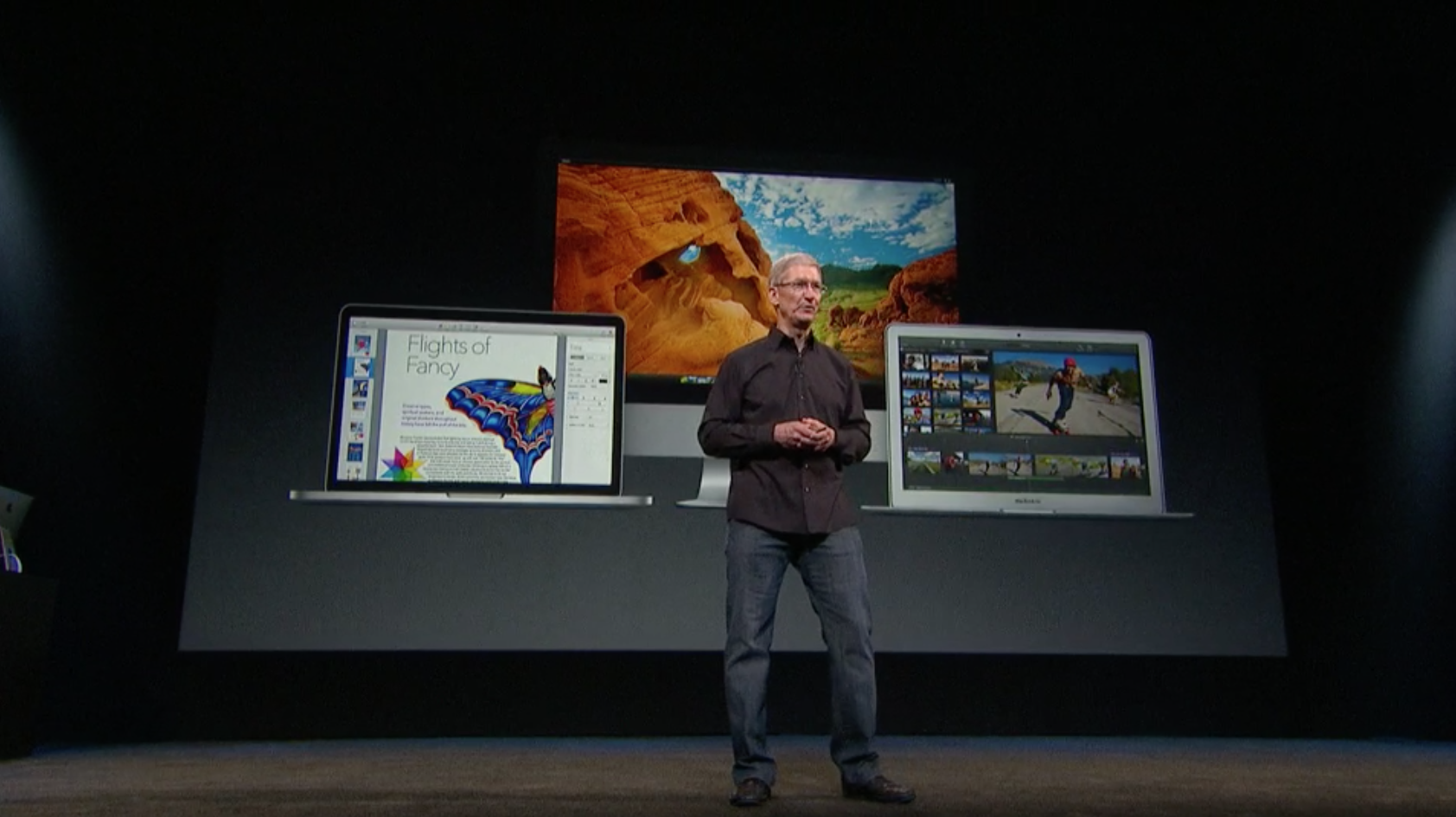
Open letter to Tim Cook: Apple needs to be more like Google
Mr. Cook,
Apple has a big problem. The news media and technorati treat your company like Microsoft. Can you say "has-been?" For nearly 15 years, the company that Bill Gates built could do no right. Every seeming innovation met fierce criticism. Today, tongues wag about how Apple has lost its way under your leadership and how the days of innovation are over.
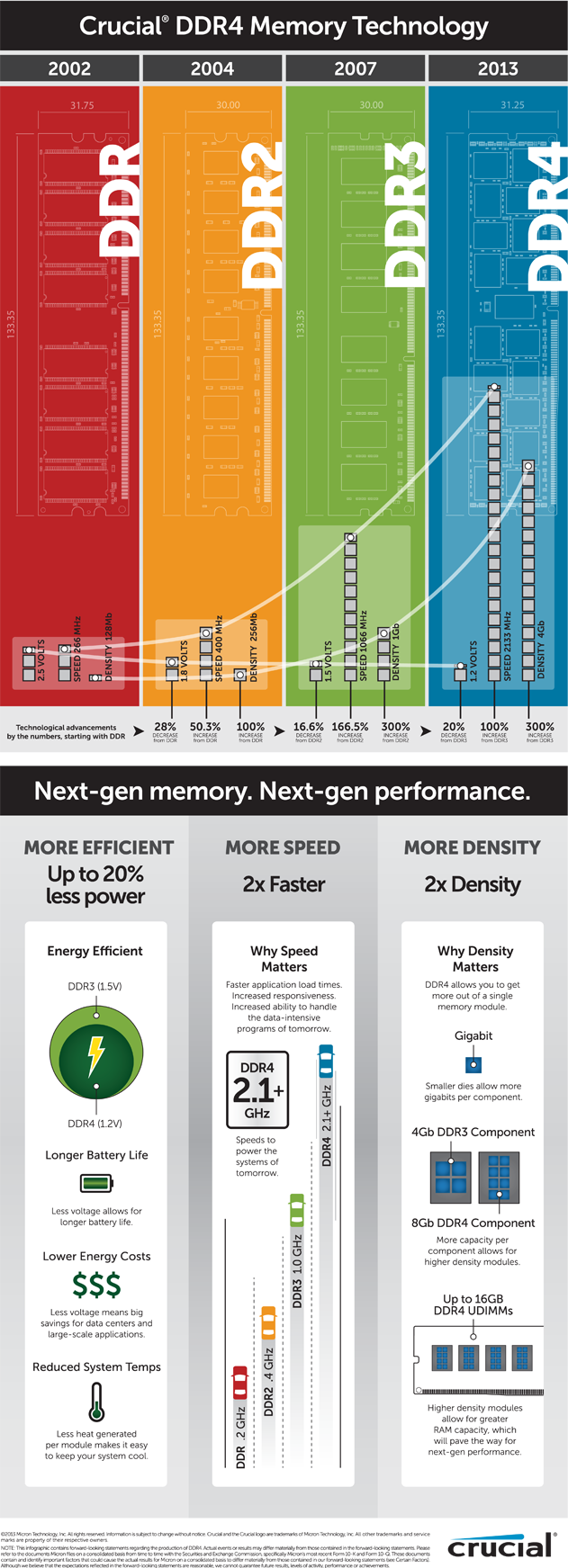
Get ready to upgrade -- DDR4 memory is on its way
I recently upgraded my already fast PC, adding a large Kingston SSD, Intel Core i7 Processor, and new motherboard, and additionally boosted the amount of DDR3 RAM to 16GB. Unfortunately, my new super-speedy system could be out of date as soon as next month -- well the memory and motherboard elements of it at least.
Memory specialist Crucial has DDR4 listed on its website, along with a nifty infographic (embedded below) to tell you more about the next generation memory. According the information on the site, the faster RAM is coming out late in 2013, which means -- as we're running out of months -- it should be available some time in December.
